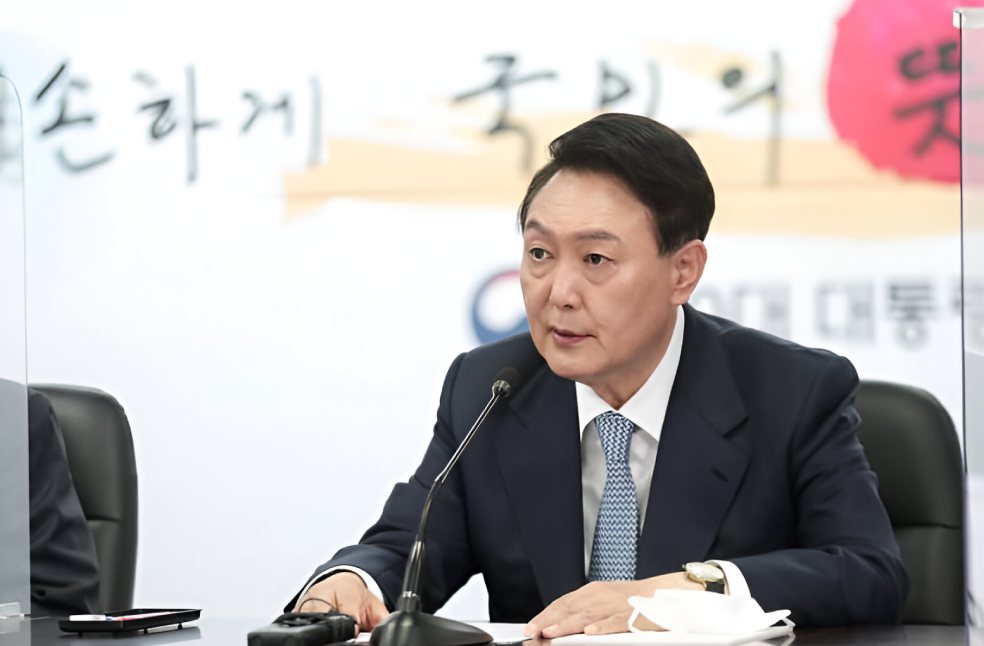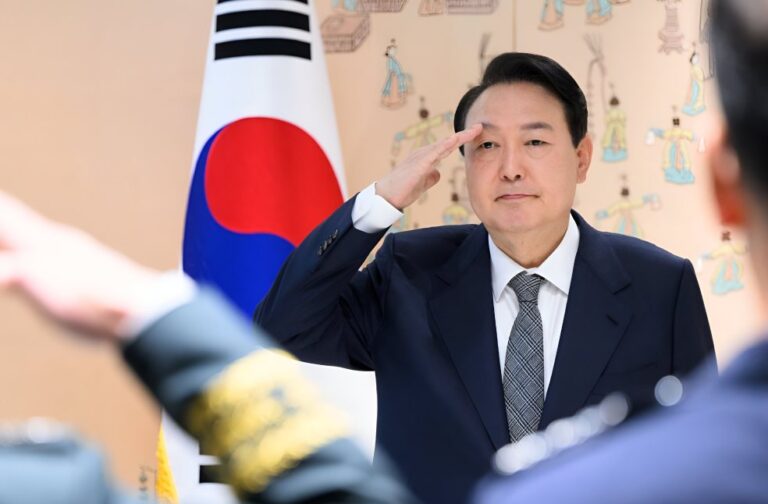South Korea: South Korean authorities have requested an arrest warrant for suspended President Yoon Suk-yeol, charging him with insurrection and abuse of power after his brief imposition of martial law earlier this month. If approved, it would mark an exceptional moment in the nation’s history.
The Joint Investigation Headquarters, a coalition of officials from the Corruption Investigation Office for High-ranking Officials (CIO), the police, and the Ministry of Defence, announced the move. The team stated that Yoon had skipped three summonses to appear for questioning, prompting the request for his detention.
A court will now decide whether to allocate the warrant. While South Korea’s constitution grants a sitting president exemption from most criminal charges, it does not extend to accusations of rebellion or treason. Yoon’s lawyer, Yun Gap-geun, criticised the investigation, claiming the CIO was overstepping its authority.
Yoon’s short-lived martial law order on December 3 stunned South Korea, triggering the country’s most significant political crisis in decades. The state of emergency, which lasted just six hours, saw armed troops storm the National Assembly, leading to violent clashes with lawmakers—a stark reminder of South Korea’s history under military rule.

Prosecutors allege that Yoon instructed a senior defence official to authorise soldiers to use firearms if essential to gain control of the legislature. Yoon justified the declaration, citing threats from “anti-state forces” and alleged obstruction by the opposition Democratic Party (DP).
The National Assembly voted overwhelmingly to impeach Yoon on December 14 in a 204-85 vote, pausing him from office. As a result, Yoon faces potential charges of insurrection, which carry penalties of life imprisonment or even the death penalty.
The country’s political turmoil deepened when the opposition-controlled legislature impeached acting President Han Duck-soo. The movement handed presidential authority to Deputy Prime Minister and Finance Minister Choi Sang-mok.
Han’s impeachment came after he refused to expedite the appointment of three justices to the Constitutional Court, which is deliberating on Yoon’s impeachment. The court has up to six months to decide whether to permanently remove Yoon from office or reinstate him. During a preliminary hearing, the court rejected Yoon’s legal team’s request to delay proceedings, strengthening the battle over the suspended leader’s fate.
If the arrest warrant is granted, Yoon would become the first South Korean president to be confined while in office, further cementing this crisis as a pivotal chapter in the nation’s history. The unfolding events have left the country wrestling with questions about its democratic institutions and political stability.



